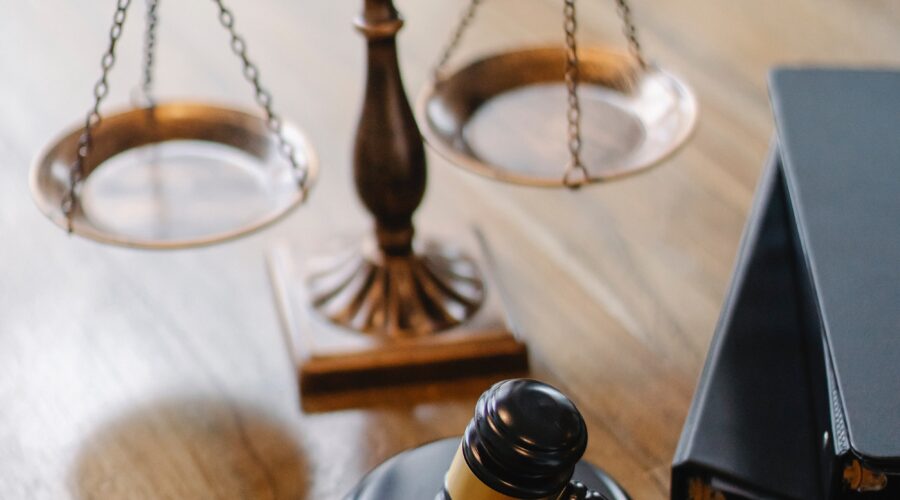Antonio Kambako[1]
1. Introduction
Defamation law recognizes that one’s society considers reputation to be one of a person’s most valuable possessions and an individual therefore has the right to preserve his or her good name. People therefore go to great lengths to protect their reputations. The recent case of John C. Depp, ll v Amber Laura Heard (CL-2019-2911) has demonstrated this principal and as a result it has been called the libel case of the century. In this case John C. Depp (herein “Depp”) alleged three counts of defamation against the Amber Laura Heard (herein “Heard”) with claim for $50 million in damages however Heard filed counterclaims against Depp with claim for $100 million in damages.
On 1 June 2022 the jury found that Depp had proven all the elements of defamation for all three statements Heard’s 2018 op-ed, including that the statements were false and that Heard defamed Depp with actual malice. As a result, the jury awarded Depp $10 million in compensatory damages and $350 000 due to a limit imposed by Virginia state laws. On the other hand, Heard’s counterclaim the jury found the second of the three contested statements that Depp’s former lawyer Adam Waldman had published in the daily mail to be defamatory and false, defaming Heard with actual malice. The jury found Heard’s attorneys had not proven all the elements of defamation and awarded $2 million in compensatory damages from Depp but no punitive damages. The principal of defamation in the United States of America will be discussed below.
2. The law of defamation in the United States of America
Defamation in the USA is defined as it is in other countries. Pember and Cavert[2] define it as follows: “A communication which exposes a person to hatred, ridicule, or contempt, lowers him in the esteem of his fellows, causes him to be shunned, or injuries him in his business or calling”. Defamation in the USA falls under the law of tort and can be subdivided in to libel and slander. Libel is the publication or broadcast of any statement that injures someone’s reputation or lowers that person’s esteem in the community. Spoken defamation on the other hand is considered to be slander. Slander is usually heard by fewer people and is more short-lined in impact. Libel typically has a wider audience and because it includes printed, published or broadcasted or publicized matter it is usually more permanent. Greater damages are thus awarded in libel cases, as libel can cause a potentially greater harm to the victim’s reputation on account of its more extensive impact.
In a normal defamation suit (which includes libel) the injured party (the plaintiff) intiates the lawsuit to repair any damage to reputation and also to collect monetary compensation from the harm to reputation. Your character is regarded as what you are and your reputation on the other hand is what people think you are. A loss of self-esteem will not be deemed sufficient in proving damages in a libel suit as the law of damage only protects reputation. The words that were published / posted must also in fact damage the plaintiff’s reputation in order for the defendant’s conduct to be considered actionable defamation. Lastly, at least a significant minority of the public must consider that the plaintiff’s reputation has been damaged. The burden of proof in a libel case is characteristically on the plaintiff. To win a defamation suit, the plaintiff must prove certain claims or satisfy distinct elements. These elements include; publication, identification, defamation, fault, falsity and injury or harm.
3. The law of defamation in Namibia
The law of defamation in Namibia is based on the action injuriarum of Roman law. In order to succeed in a defamation action, a plaintiff must established that the defendant published a defamatory statement concerning the Plaintiff. A rebuttable presumption then arises that the publication of the statement was wrongful and intentional (animo injuriandi).
There have been several judgments by the High Court of Namibia with regards to defamation, namely: In Nangolo v Jacob[3], the plaintiff sued the defendant for N$40 000 as damages to his reputation. He alleged that the defendant made defamatory statements concerning him to the effect that he used his restaurant and bar to distribute poison to the members of his community and further that the plaintiff was poisoning the members of his community. The court held that the test for defamatory statements is object and concerns itself with inferences drawn by a reasonable person that such statement caused damages to the plaintiff’s reputation. The court further confirmed that at common law the elements of the delict of defamation are the wrongful, intentional publication of a defamatory statement concerning the plaintiff. Another case worth noting is the case of Geingos v Hishoono[4], the claim rose from a video clip recorded and distributed on social media were made against the plaintiff. The court held that there is no distinction in moral blameworthiness between the creator of the rumour and conveyor of the rumour, both factions must be discouraged and it must be known to everybody that whether you create the rumour or repeat it or simply say words capable of tarnishing one’s reputation or dignity without a valid defence in law, it amounts to words spoken that carry the same liability.
In conclusion, with the increase in the pace of development and the way people communicate with one another is rapidly changing. The law has to adapt to these changes so as to ensure that justice prevails in all circumstances and the general public should be made aware of the possible liabilities.
[1] Candidate Legal Practitioner at Fisher Quarmby & Pfeifer.
[2] Pember and Cavert Mass Media Law 154.
[3] Nangolo v Jacob (HC-NLD-CIV-ACT-DEL-2020/00103) [2021] NAHCNLD 40 (26 April 2021).
[4] Geingos v Hishoono (HC-MD-CIV-ACT-OTH- 538 of 2021) [2022] NAHCMD 48 (11 February 2022).

